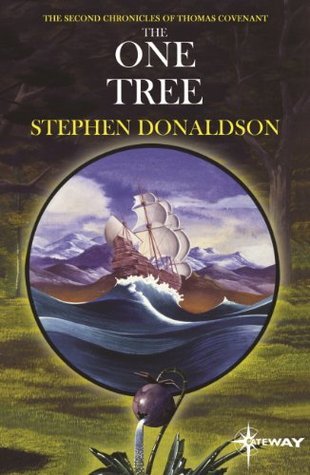What do you think?
Rate this book


433 pages, Kindle Edition
First published January 1, 1982

Whatever harms he had committed, he did not deserve this indignity. And he had made restitution! No man could have striven harder to make restitution. In Coercri he had redeemed the Unhomed Dead. He had once defeated Lord Foul. And he had done everything conceivable for Linden herself. There was no justice in his plight. It was evil. (330-331)